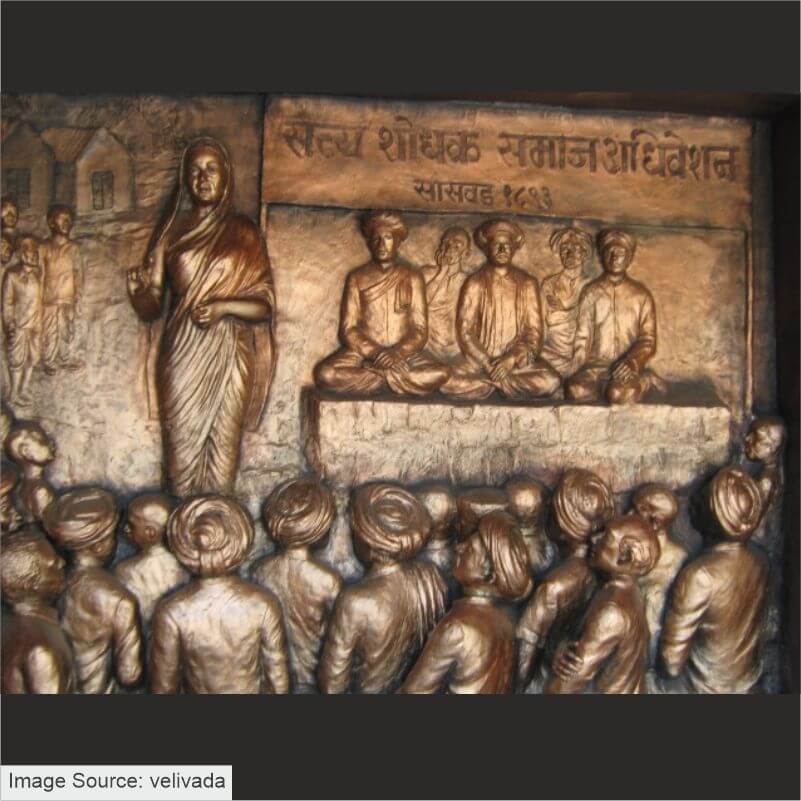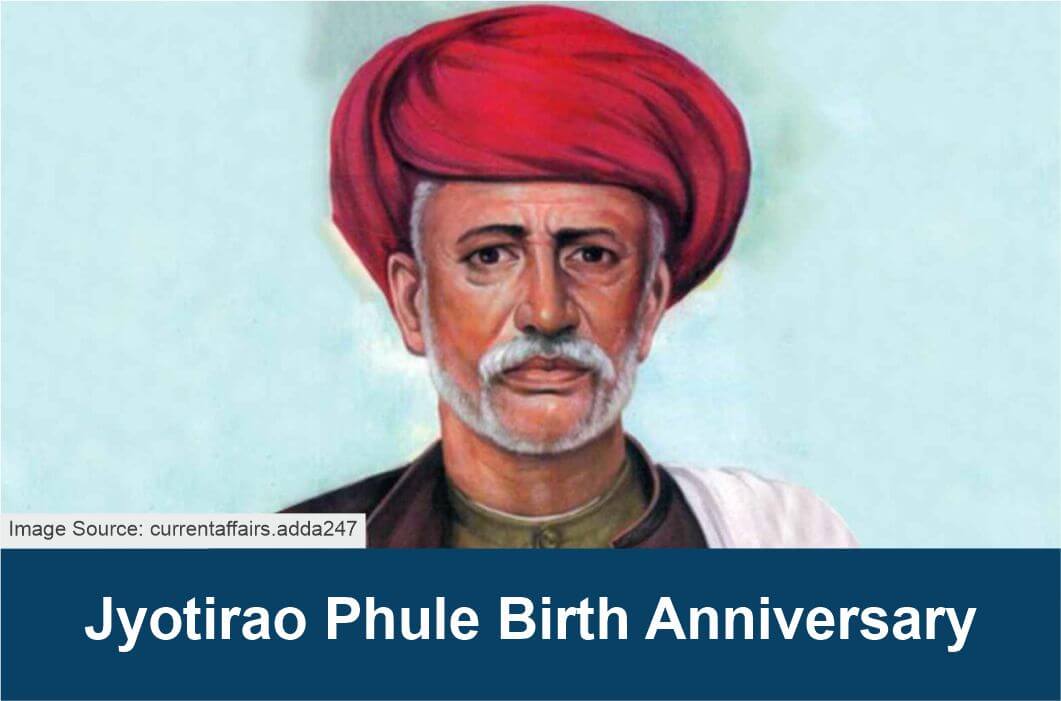Jyotirao Phule, one of India’s most visionary reformers, laid the foundation for a more inclusive and just society with the establishment of the Satyashodhak Samaj (Society of Truth-Seekers) in 1873. At a time when India was grappling with the rigid structures of caste, gender inequality, and religious orthodoxy, this movement emerged as a powerful voice for the oppressed and marginalised.
Jyotirao Phule founded the Satyashodhak Samaj intending to liberate the lower castes from the dominance of Brahminical hegemony and to promote social equality. The movement challenged deeply entrenched hierarchies that denied dignity, education, and basic human rights to a large section of the Indian population, especially the Dalits and women. Unlike many other reform movements of the time, the Satyashodhak Samaj did not rely on religious scriptures for validation. Instead, it promoted rational thinking, scientific temper, and humanism.
One of the most remarkable aspects of the movement was its inclusivity. Membership was open to all, irrespective of caste, creed, or gender. It was revolutionary not only in terms of ideology but also in practice. The Samaj encouraged inter-caste marriages, widow remarriages, and equal rights for women—concepts that were considered radical in the 19th century. Phule’s wife, Savitribai Phule, played a crucial role in this mission by becoming the first female teacher in India and championing the cause of women’s education alongside him.

The Satyashodhak Samaj also broke away from traditional Hindu rituals. It introduced new ceremonies for birth, marriage, and death that did not require the presence of Brahmin priests. This was not only a rejection of religious monopoly but also an assertion of the rights of marginalised communities to define their own identities and practices.
Though initially met with resistance, the movement gained momentum and inspired future leaders like Dr. B.R. Ambedkar, who carried the torch of social justice. In many ways, the Samaj laid the groundwork for India’s Dalit movement and the ongoing struggle for equality and dignity.
Today, the principles of the Satyashodhak Samaj remain deeply relevant. In a society where caste-based discrimination and gender bias persist, Phule’s vision reminds us of the transformative power of education, unity, and courage. His movement did not merely challenge the status quo—it created a roadmap for an egalitarian India.
As we commemorate the birth anniversary of Jyotirao Phule, it is imperative to reflect upon his work and re-commit ourselves to the ideals he so fearlessly stood for. The Satyashodhak Samaj was more than a movement—it was a revolution of thought, and its echoes continue to inspire generations.
